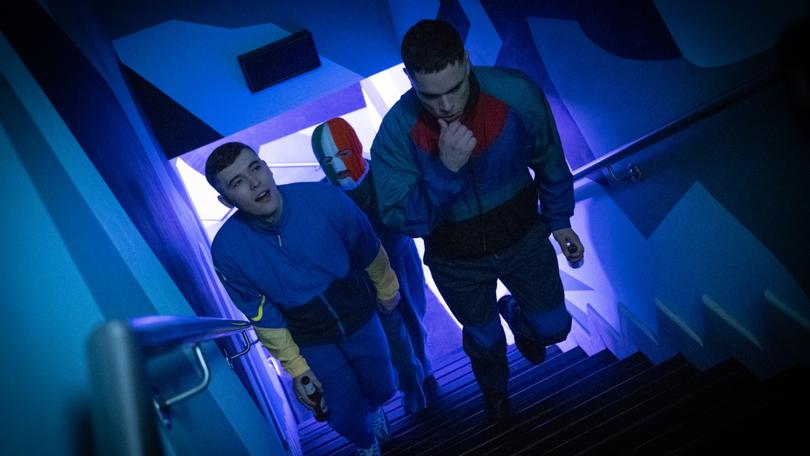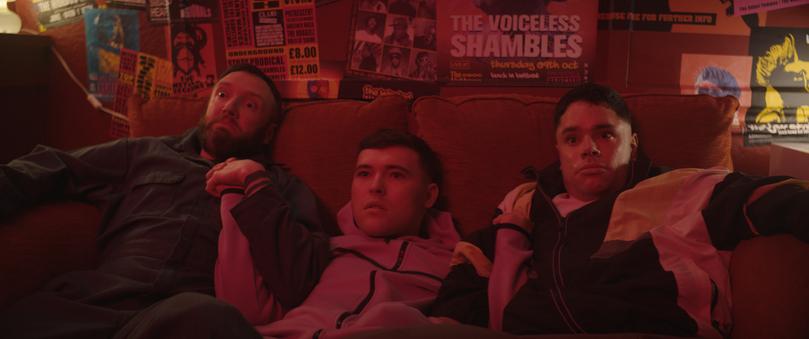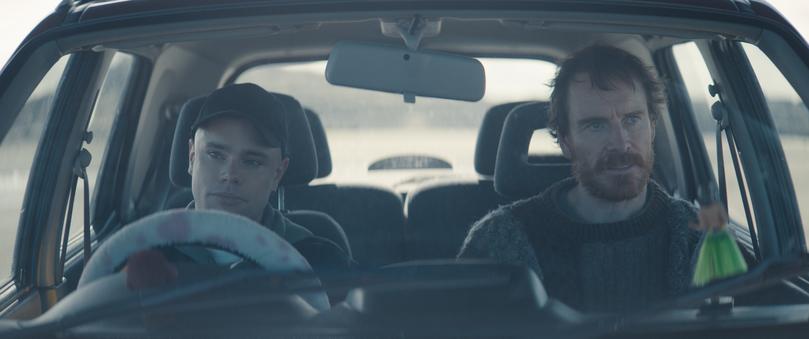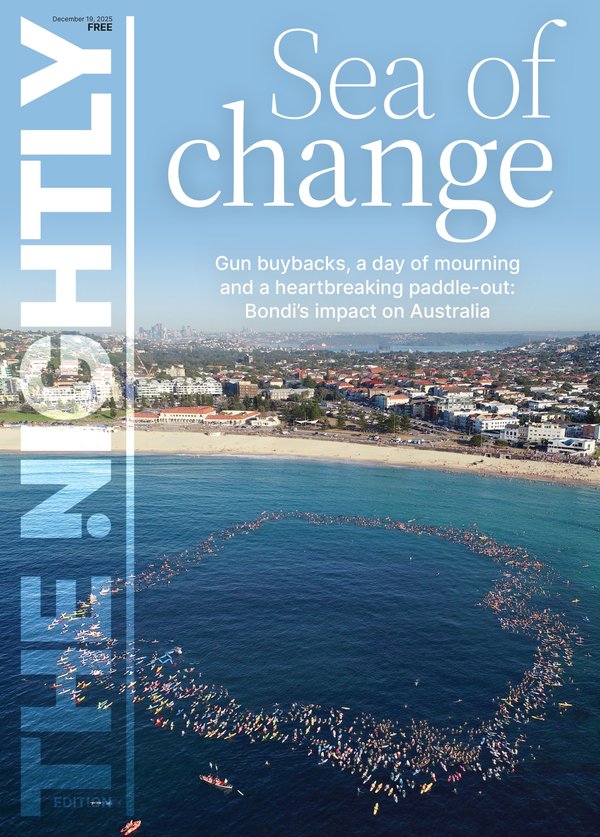Kneecap movie review: Anarchy and heart in Irish rap group’s origin story

Language is power. What we speak and who chooses what we speak says a lot about repression and rebellion.
There are countless examples but here are just two. Korean was banned in Korean schools during Japan’s occupation of the country in the early 20th century. The British forced something similar on Maori speakers in New Zealand.
The governance of language is a form of control.
Sign up to The Nightly's newsletters.
Get the first look at the digital newspaper, curated daily stories and breaking headlines delivered to your inbox.
By continuing you agree to our Terms and Privacy Policy.In Kneecap, an audacious and kinetic movie that bangs, Michael Fassbender’s character, Arlo, says to his young son, “Every word of Irish spoken is a bullet for Irish freedom”.
It’s an avowedly political line of dialogue in a movie that has a strong perspective, which is partly why Kneecap is such an intoxicating movie. It crackles with energy, attitude and youth, and takes you along for a riotous and persuasive ride.
By the end of the film, you’ll probably want to trade in your wardrobe for some green threads.
The film is the fictionalised origin story of real-life Irish rap group Kneecap, who play themselves in this movie directed by first-time feature filmmaker Rich Peppiatt.
Liam (Liam Ó Hannaidh) and Naoise (Naoise Ó Caireallain) grow up together in an Irish-speaking part of Belfast, learning the language from Arlo, a former republican soldier who is later forced to fake his death, not that the British cops believe it.
When Liam is arrested by the police, an Irish-speaking music teacher named JJ (JJ Ó Dochartaigh) is called in as a translator when Liam refuses to speak English. During the interrogation, JJ helps Liam avoid arrest by stashing his notebook, in which he has a page of acid tabs as well as scribbles that could be song lyrics.

JJ sets the words to music and convinces the other two lads to start an Irish-speaking rap group. The lyrics are incendiary and crass, but hip hop has its roots in protest and defiance. Their performances are scrappy and spirited, whether it’s their drug-fuelled recording session in a dinky garage or at a gig with hundreds in the audience.
There are plenty of people who don’t want to see Kneecap’s rise – the brutal police force, a vicious republican group and even a campaign trying to have Irish recognised as an official language in Northern Ireland.
There’s confidence in Peppiatt’s direction and Trainspotting-esque energy that courses through it thanks to its youthful vigour and anarchy. Kneecap makes itself very easy to like.

For all of its irreverence, there is something very earnest at its core – a connection to heritage and a defence of an indigenous language against those who would rather see it gone.
Rating: 3.5/5
Kneecap is in cinemas now

